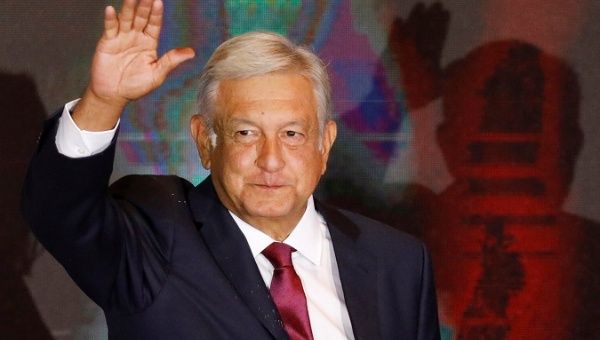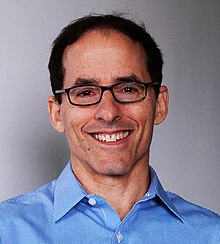
Mexico votes overwhelmingly for ‘change’ by electing López Obrador
Voters in Mexico have “made history” and opted for change in electing Andrés Manuel López Obrador president [on Sunday], experts from the Center for Economic and Policy Research, based in Washington, D.C. said. Candidates from López Obrador’s National Regeneration Movement (Morena) party are also projected to have a plurality of seats in the Chamber of Deputies.
“This is a triumph against a great deal of fear-mongering and ‘fake news’ that attempted to link López Obrador to Russia and that warned that his policies would bring economic disaster to Mexico,” CEPR Co-Director Mark Weisbrot said today. “But people in Mexico appear to be fed up with an economy that’s failed them for 40 years now. Poverty is worse than a quarter century ago, real wages are lower than in 1980, inequality is worsening, and Mexico ranks 18th of 20 Latin American countries in terms of income growth per person in the 21st century.

“Mexicans bravely voted for change, and they made history today.”
“Voters I talked to are tired of the corruption that has afflicted Mexican politics for so many decades,” CEPR Director of International Policy Alexander Main, who observed the election in Jilotepec, Mexico State, said. “Discontent with crime, corruption and stagnant economic conditions drove voters to the polls in huge numbers, and they turned out for change.”
Main noted that the current government of Enrique Peña Nieto of the PRI is widely criticized for the surge in violent crime, with a record homicide rate in 2017. The government has also been condemned for its handling of the case of the 2014 disappearance of 43 teaching students in Ayotzinapa, in which evidence of the involvement of state security forces has surfaced. Many people in Mexico believe the government attempted to cover up the incident by blaming it on gangs.
“We can only hope that Mexico’s new president will stand up to the Trump administration’s terrible policies on detaining asylum seekers, caging children, tearing children away from their parents, and supporting regime change in Latin America, among many others,” Weisbrot said.

